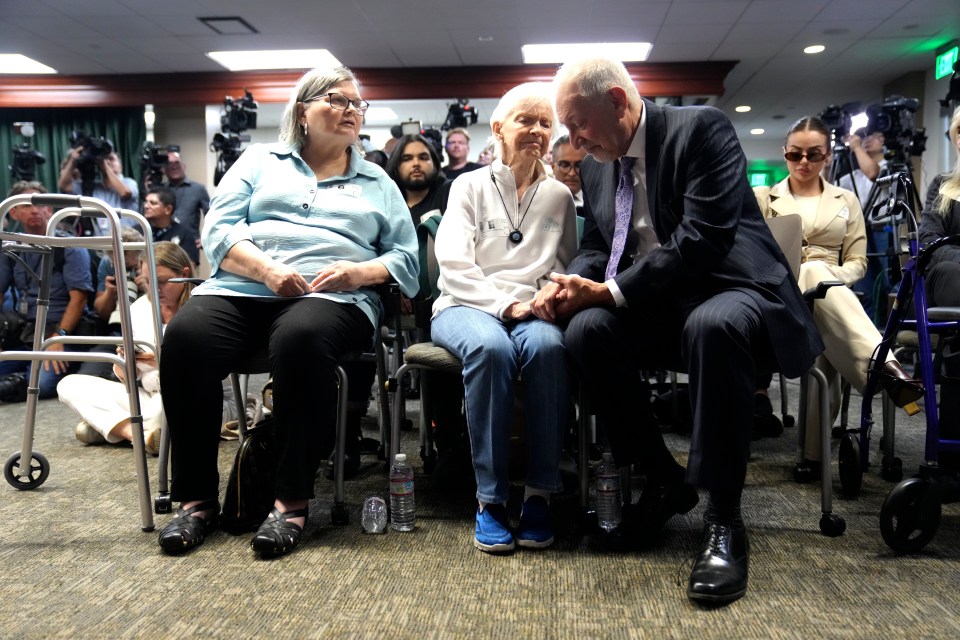The governor of California will put 500 surveillance cams in Oakland to help fight crime
In a significant announcement on March 29, 2024, California Governor Gavin Newsom revealed a comprehensive plan to bolster the fight against crime in Oakland and its neighboring areas. This initiative is set to bring a new era of safety and security to the region, deploying a network of advanced surveillance cameras aimed at deterring criminal activities and ensuring public safety.
Governor Newsom, a key figure in the Democratic Party, has taken a proactive step by partnering with Flock Safety, a renowned safety technology provider. The collaboration will see the installation of 480 high-tech cameras across Oakland and the surrounding freeways.
These aren’t ordinary cameras; they are equipped with cutting-edge technology capable of identifying vehicles by license plate, make, color, and even specific decals or bumper stickers. Such detailed tracking will enable the California Highway Patrol (CHP) and local law enforcement to receive real-time alerts on suspect vehicles, thereby enhancing their ability to respond swiftly to criminal activities.
This initiative is not without its critics, however. Concerns have been raised about the potential infringement on privacy and the fear of exacerbating police overreach, particularly within marginalized communities.
Despite these concerns, Governor Newsom has emphasized the importance of this surveillance network in combatting crime and holding perpetrators accountable. The goal is clear: to create safer, more secure communities for all Californians.
Oakland, a vibrant city with a population of approximately 400,000, has faced its share of challenges. Unlike other major Californian cities where crime rates have seen a decline, Oakland has experienced a surge in criminal activities, including retail theft, property damage, and violent crimes.
This uptick in crime has had tangible repercussions on the city’s economy and quality of life, highlighted by the closure of an In-N-Out Burger outlet due to repeated incidents of theft and vandalism.
In response to the escalating safety concerns, leaders from four major Oakland-based companies – Blue Shield of California, Clorox, Kaiser Permanente, and Pacific Gas & Electric – have announced a collaborative effort to fund a $10 million security program aimed at enhancing public safety and protecting employees.
Criticism of the surveillance initiative comes from various quarters, including Cat Brooks, executive director of the Anti Police-Terror Project and a former mayoral candidate.
Brooks argues that the investment in surveillance technology diverts crucial resources away from community-building initiatives that could address the root causes of crime, such as housing, education, and healthcare.
The contract with Flock Safety, valued at $1.6 million for the first year, outlines the terms of deployment and maintenance of the surveillance network. Flock Safety, with its vast experience operating across the United States, assures that the technology is aimed at bolstering community safety in a responsible manner.
The cameras will be strategically placed throughout the city and on state highways to maximize coverage and efficiency.
To mitigate privacy concerns, the administration has implemented strict guidelines on the use and retention of footage captured by these cameras. Data will be stored for 28 days and will not be shared with third parties, except for law enforcement agencies within California. This measure reflects a commitment to balancing the need for security with respect for individual privacy rights.
Governor Newsom’s announcement comes on the heels of a recent decision by San Francisco voters to expand police surveillance capabilities, including the use of drones and cameras. This reflects a broader trend towards embracing technology as a tool for enhancing public safety, even in traditionally liberal cities.
As California continues to navigate the complexities of public safety and civil liberties, the deployment of surveillance cameras in Oakland represents a pivotal moment in the state’s approach to crime prevention.
The outcome of this initiative will undoubtedly serve as a case study for other cities grappling with similar challenges, highlighting the potential of technology to create safer communities while also raising important questions about privacy and equity.











